Rise of SaaS 2.0: Why AI-first platforms are the future
The true promise of SaaS 2.0 lies in its ability to deliver intelligent systems that adapt dynamically to the needs of businesses.


At the start of the twenty-first century, aoftware-as-a-service (SaaS) disrupted the global IT business by eliminating the need to install on-premises software. Without the crippling expenses of physical infrastructure, SaaS gave businesses of all sizes the ability to grow easily, deploy software with a few clicks, and access powerful tools. Over the next two decades, SaaS dominated the IT industry with the development of broadband, browsers, APIs, and other technologies. Today, the global SaaS market is valued at more than $237 billion.
But the landscape is undergoing a fundamental shift. What started as a revolution in software delivery, offering businesses cost-effective solutions for operational efficiency has now evolved into a new paradigm: SaaS 2.0. This next wave of innovation is driven by one key element: artificial intelligence. It’s about shifting the focus from just reducing costs and improving efficiency to genuinely transforming how businesses operate, innovate, and serve their customers with systems that can make decisions, predict outcomes, and adapt dynamically to changing environments.
The spotlight is on vertical SaaS
Looking back at the early days of SaaS, I recall conversations with fellow industry veterans about the challenges businesses faced when using generic horizontal systems. These tools often required significant customisation to fit specific workflows, resulting in inefficiency and frustration. Over time, it became clear that a one-size-fits-all approach simply couldn’t meet the diverse needs of businesses across different industries.
This realisation has brought us to the rise of vertical SaaS, a model focused on offering industry-specific solutions rather than generalised tools. According to one report, vertical SaaS outperformed horizontal SaaS, which expanded at a 10% CAGR in investment from 2018 to 2023, with a growth rate of 18%. The vertical SaaS market is expected to grow from $5 billion to $26 billion in the next six years, depending on total revenue.
In 2023, the landscape of SaaS changed again with the emergence of AI. As Bessemer Venture Partners highlights in its vertical AI series, the real opportunity lies in AI-powered solutions that unlock new, untapped markets by focusing on the specific needs of industries rather than offering broad, generalised systems. It is that vertical AI which is shifting the focus from horizontal SaaS to vertical Saas, which are nothing but highly specialised platforms that are uniquely tailored to individual industries like healthcare, legal, education, and beyond.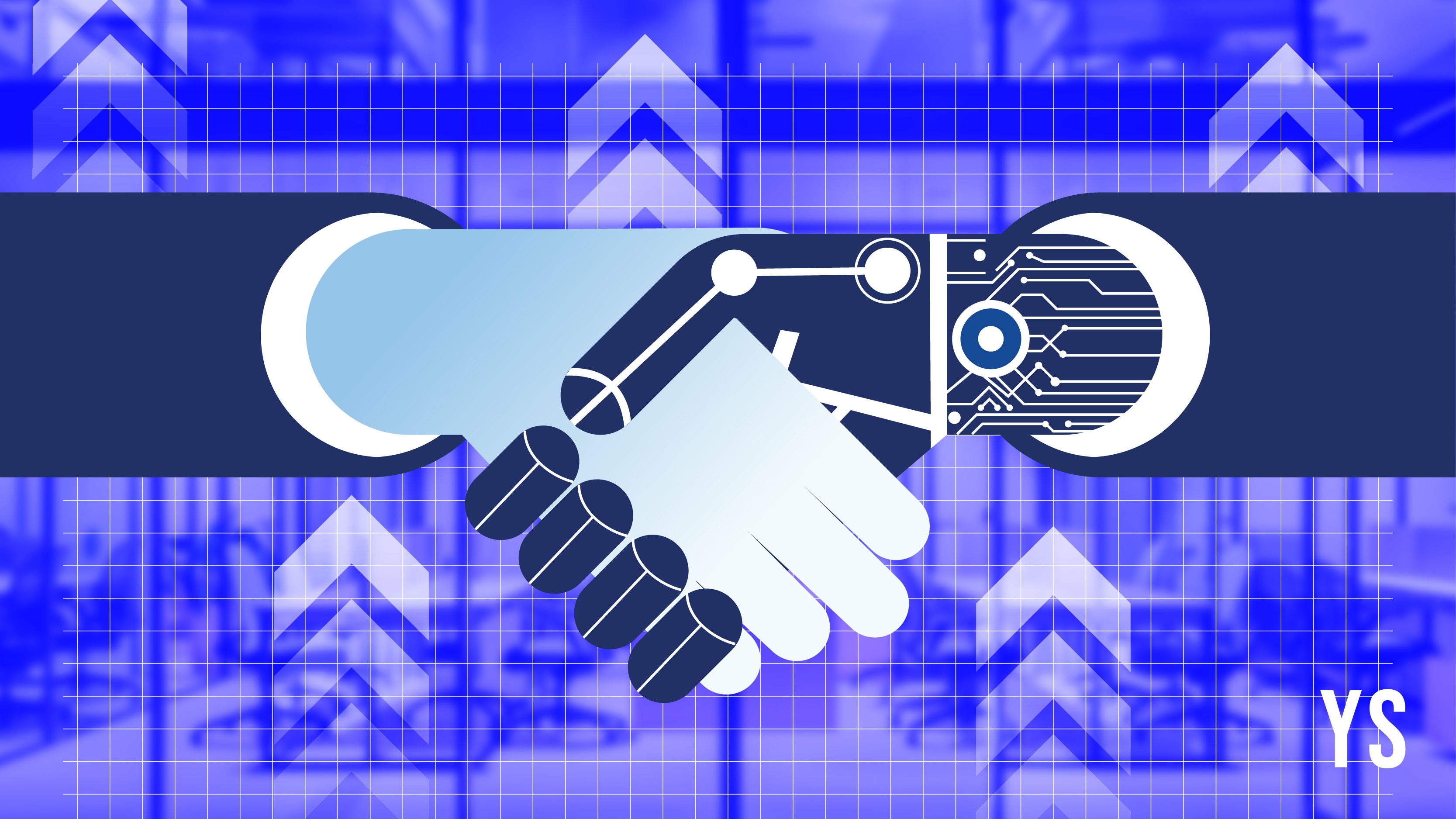
Why AI needs context
Most AI systems today excel at tasks like classification, routing, and summarisation. However, when we talk about Agentic AI, AI that goes beyond following instructions to proactively make decisions, context becomes everything. This is where vertical SaaS becomes a game-changer.
For example, in an industry like education, context isn’t just about numbers on a screen, it’s about understanding student intent, tracking academic progress, predicting dropout risks, and anticipating financial issues. A vertical SaaS platform integrates all these signals and enables AI to function not just as a tool, but as a force that drives real-time decisions.
It could then spot a dropout risk before a student even considers leaving. It could answer 80% of student queries instantly and accurately. It could also reduce administrative workload by 50% overnight, streamlining operations and freeing up resources.
These possibilities highlight the transformative potential of AI-first solutions in vertical SaaS, enabling the ability to predict behaviours, enhance engagement, and optimise processes across industries. This is what makes vertical SaaS so powerful. Its ability to bring together various data sources and create a unified, intelligent system that adapts to the needs of the industry with an AI-first approach. When we combine the specificity of vertical SaaS with the adaptability of agentic AI, we see transformation. We see SaaS 2.0.
The good news is that India is embracing this SaaS 2.0 change. Today, more than 85% of Indian SaaS companies (approximately 1,500 companies) have already developed AI-based projects and solutions. With a startling compound annual growth rate (CAGR) of 31% over the next five years, the Indian SaaS market is expected to grow rapidly, surpassing the $70 billion mark by 2030 from its present $14 billion.
(Naveen Goyal, Founder and CEO, Meritto, which serves as the operating system for student recruitment and enrollment.)
Edited by Kanishk Singh
(Disclaimer: The views and opinions expressed in this article are those of the author and do not necessarily reflect the views of YourStory.)




![How AI Use Is Evolving Over Time [Infographic]](https://imgproxy.divecdn.com/YImJiiJ6E8mfDrbZ78ZFcZc03278v7-glxmQt_hx4hI/g:ce/rs:fit:770:435/Z3M6Ly9kaXZlc2l0ZS1zdG9yYWdlL2RpdmVpbWFnZS9ob3dfcGVvcGxlX3VzZV9BSV8xLnBuZw==.webp)
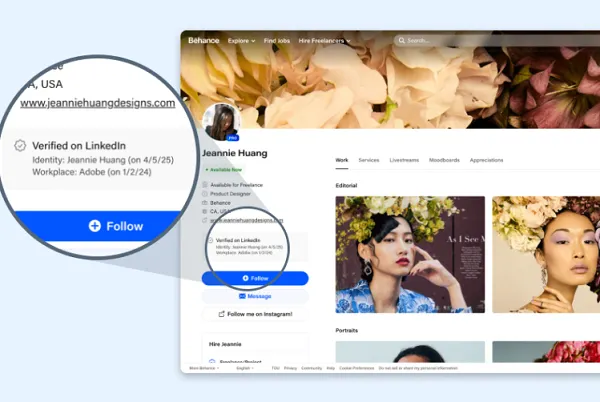


































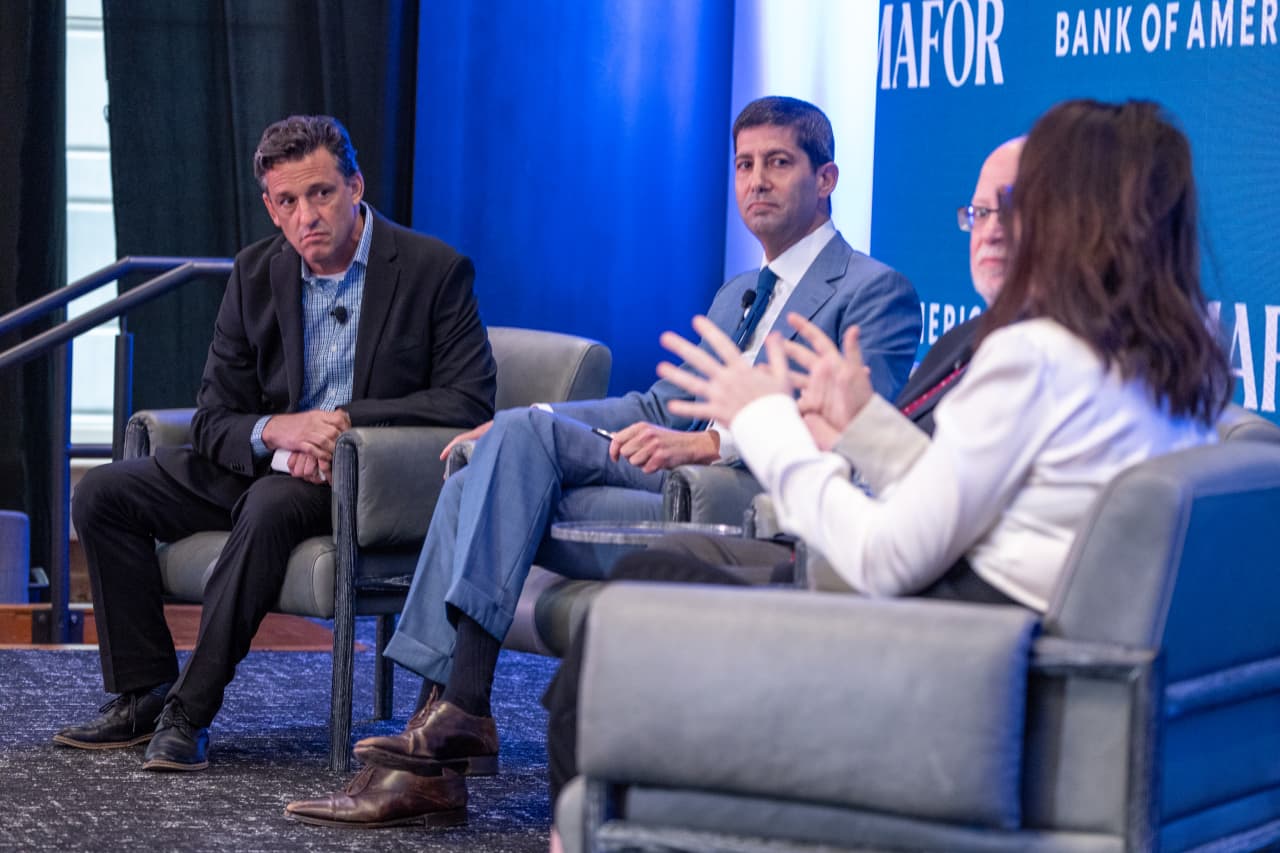
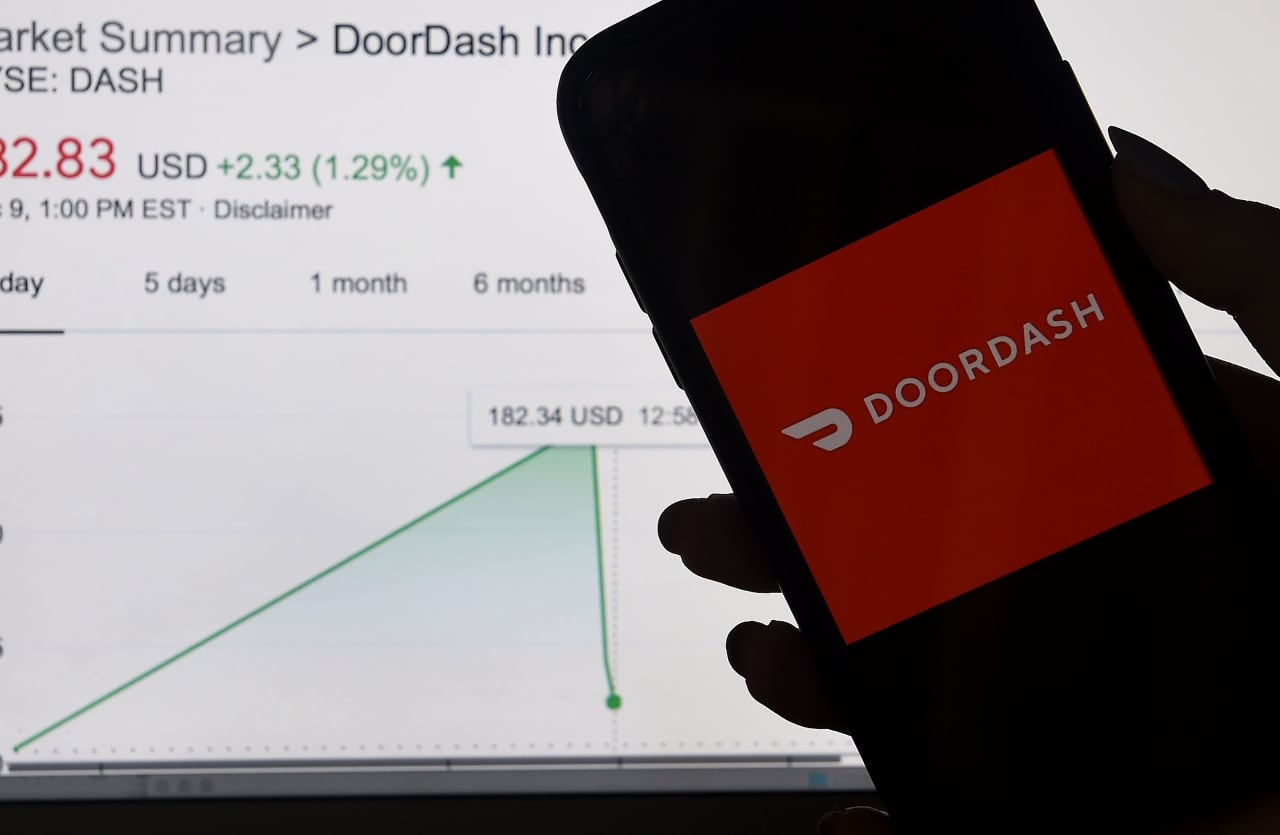

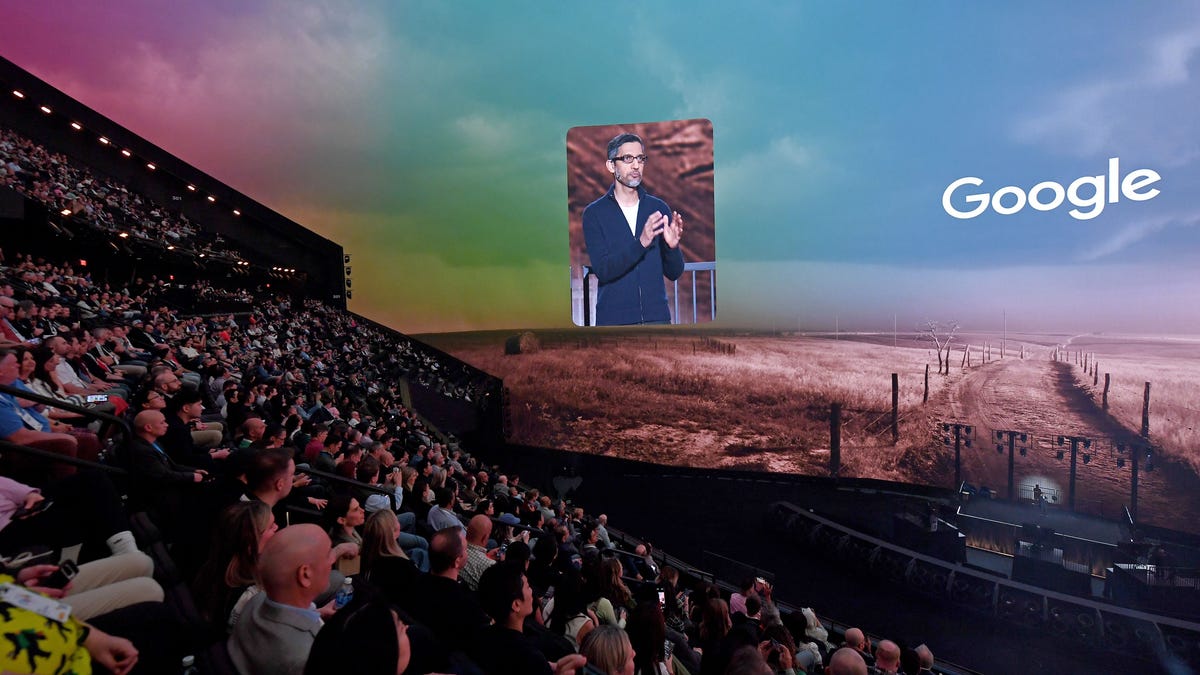






































































































































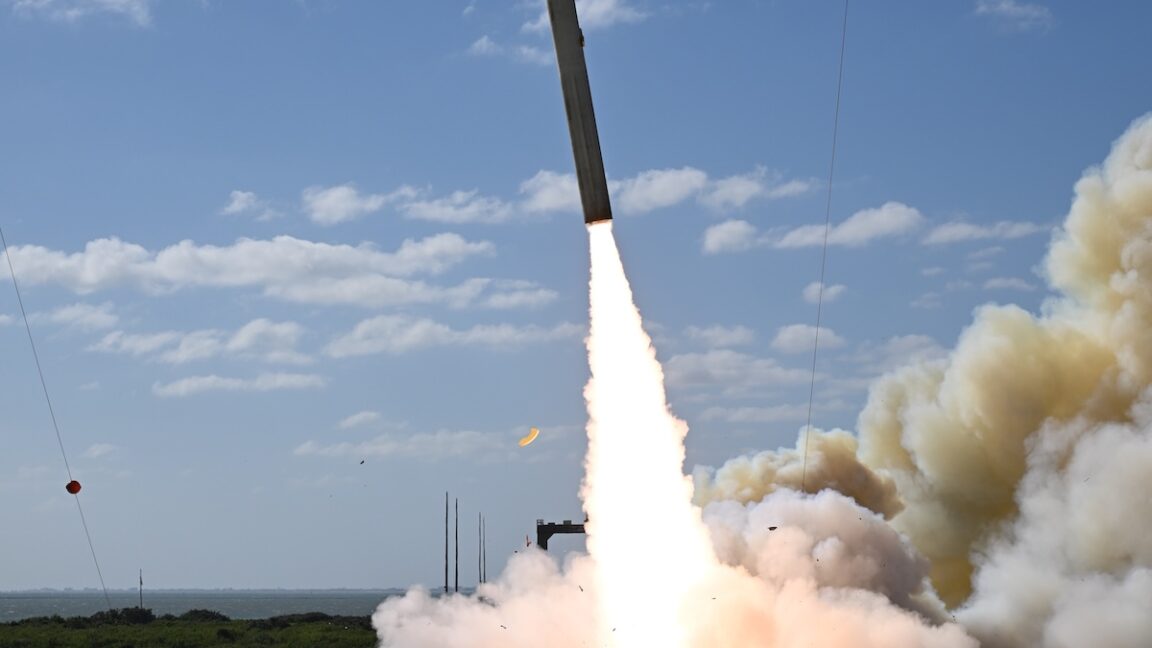











![How to Find Low-Competition Keywords with Semrush [Super Easy]](https://static.semrush.com/blog/uploads/media/73/62/7362f16fb9e460b6d58ccc09b4a048b6/how-to-find-low-competition-keywords-sm.png)
